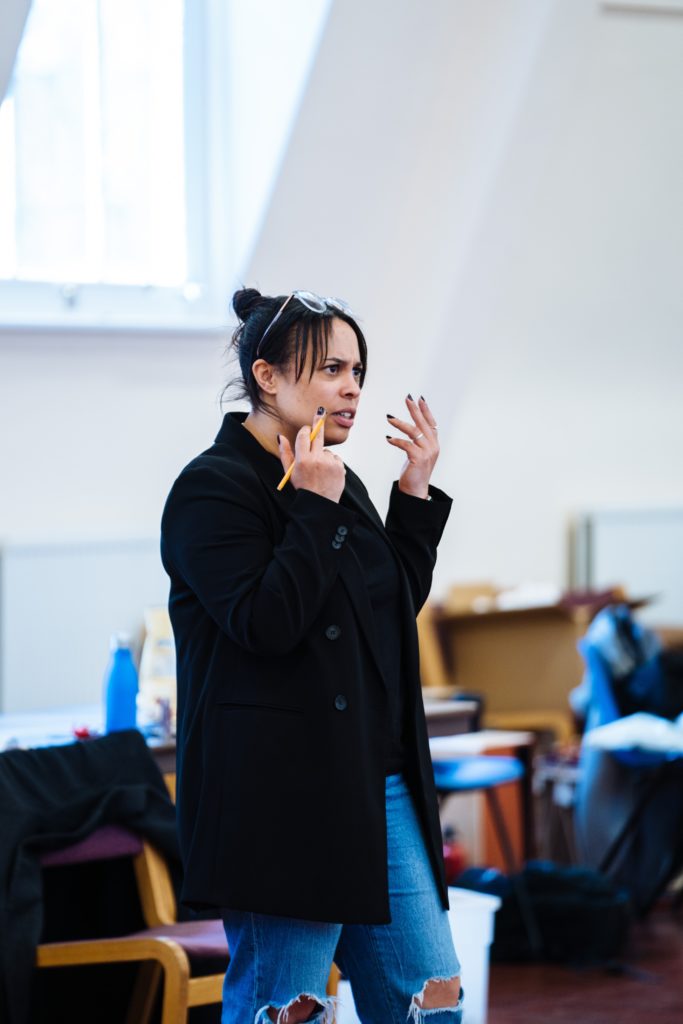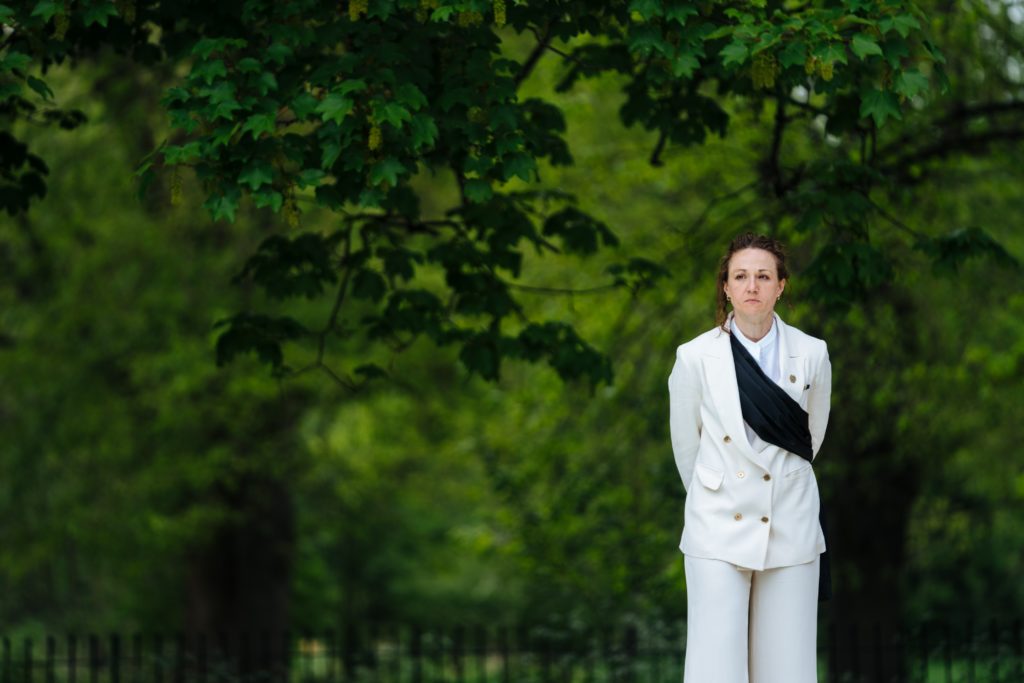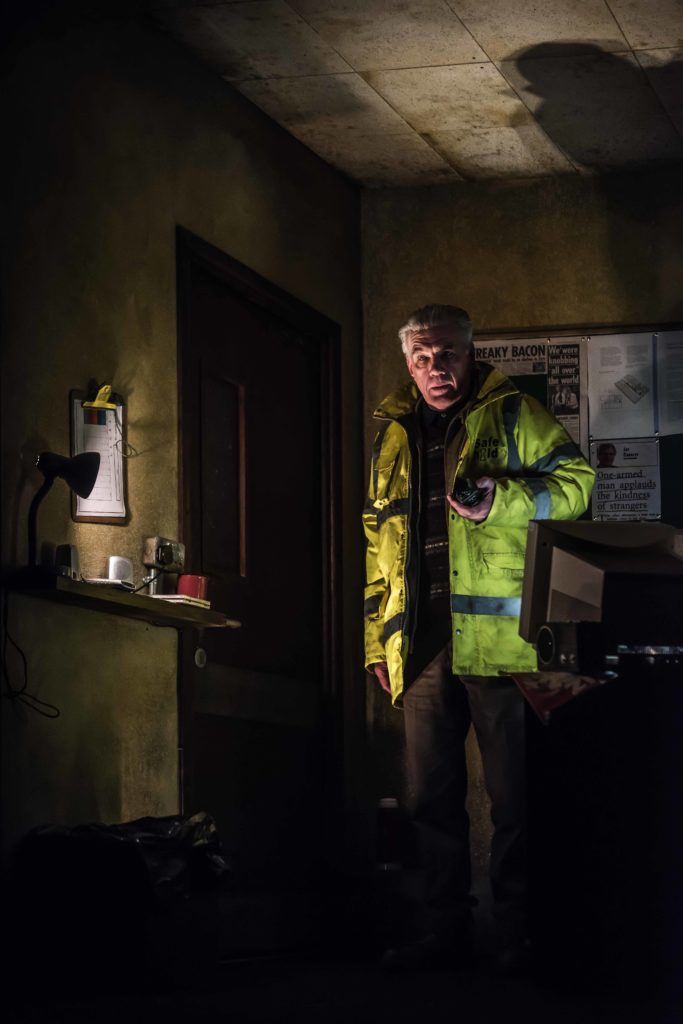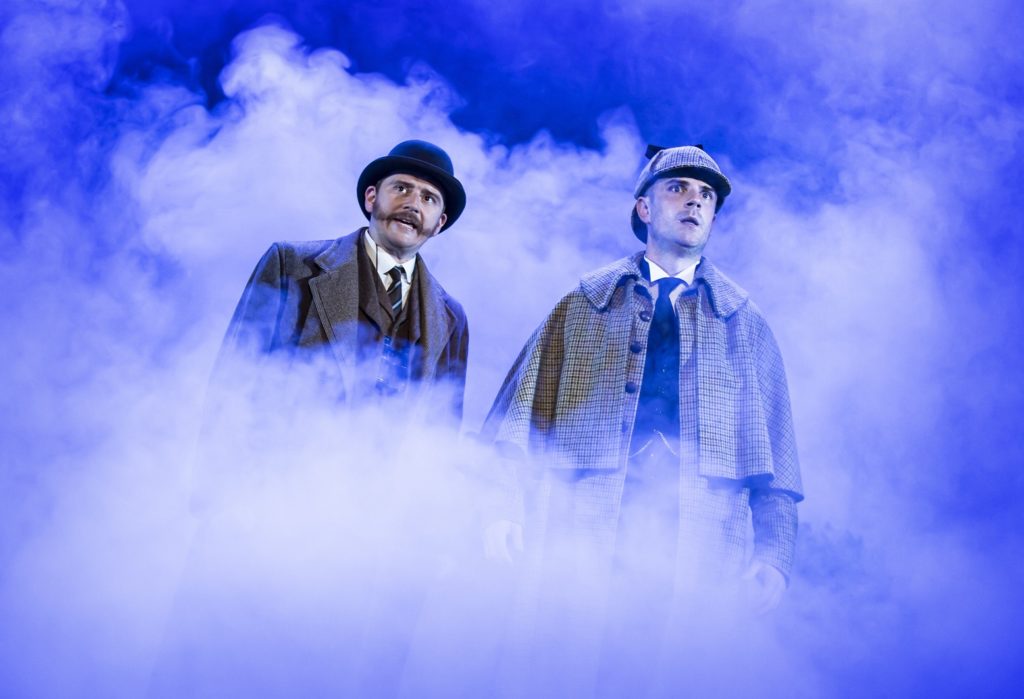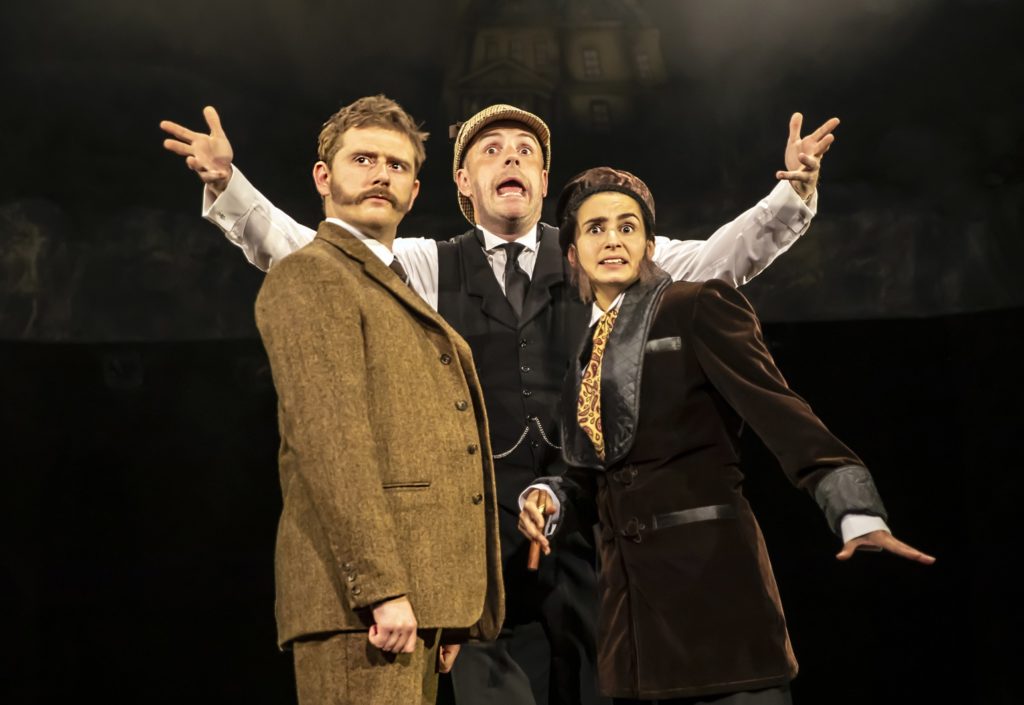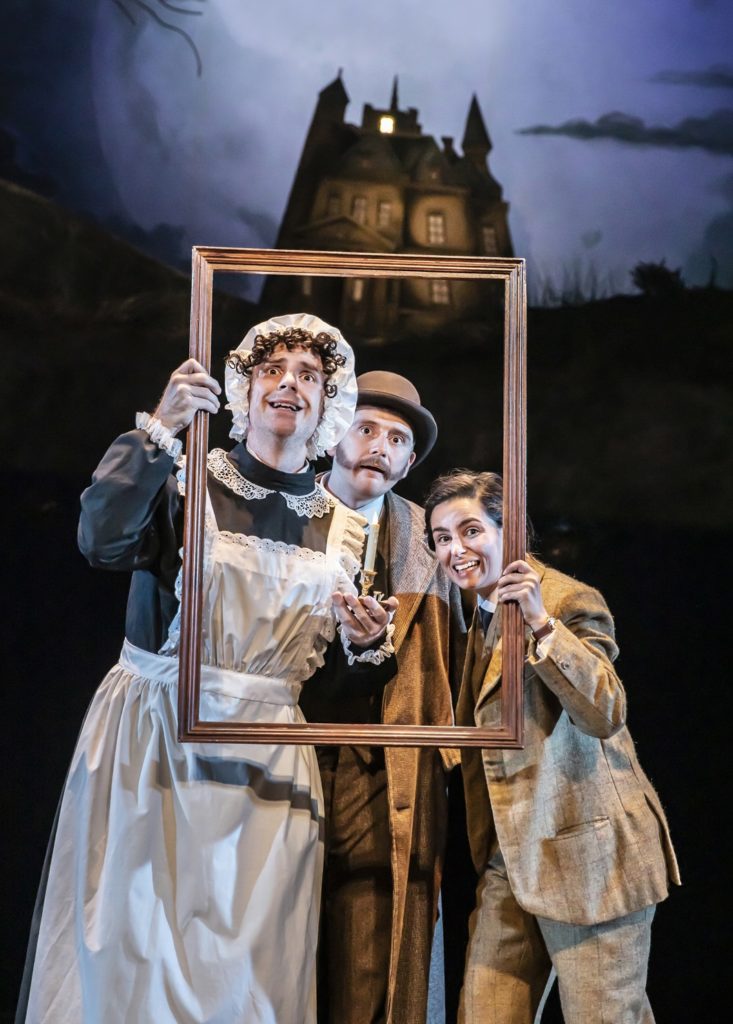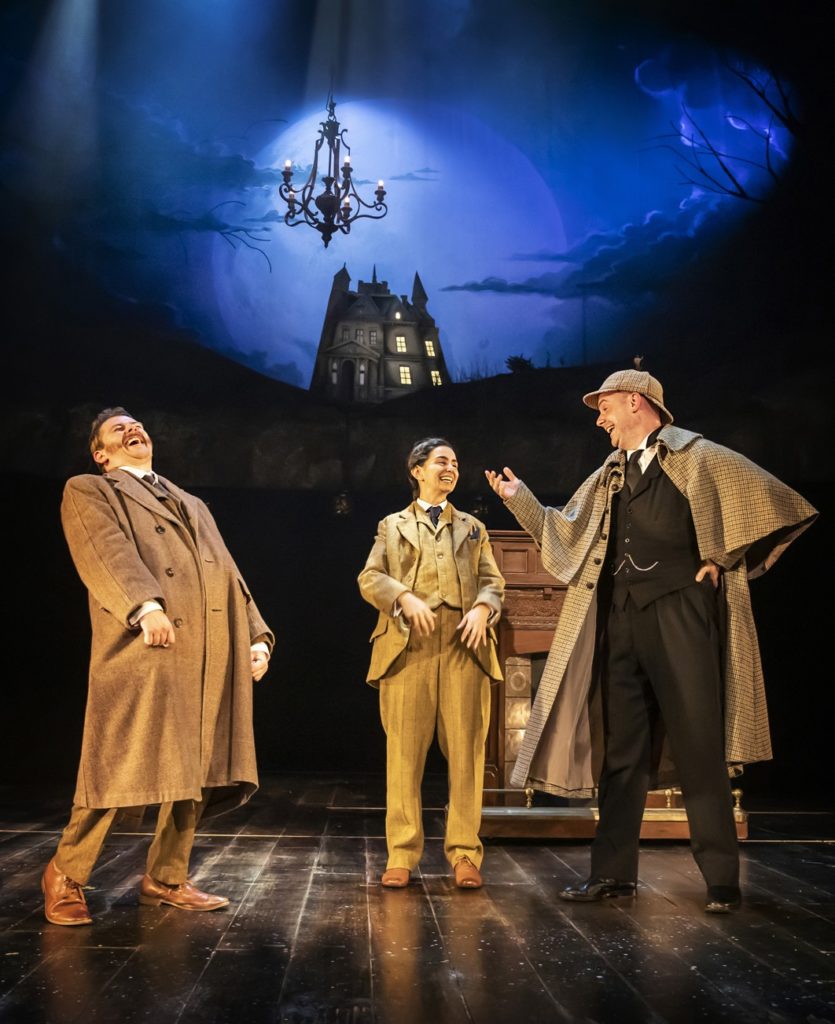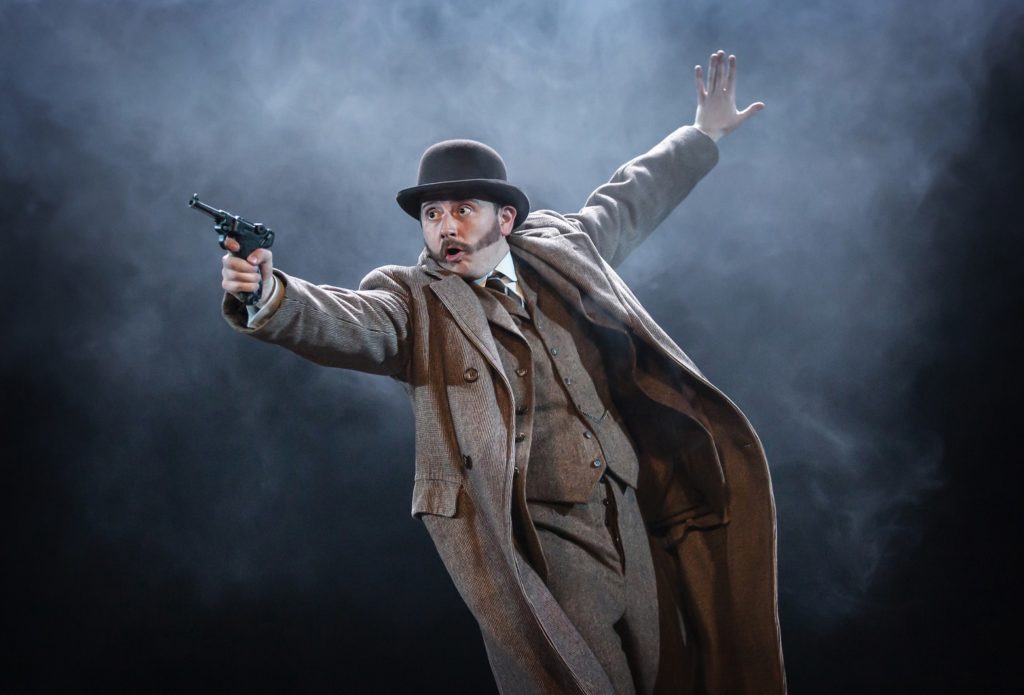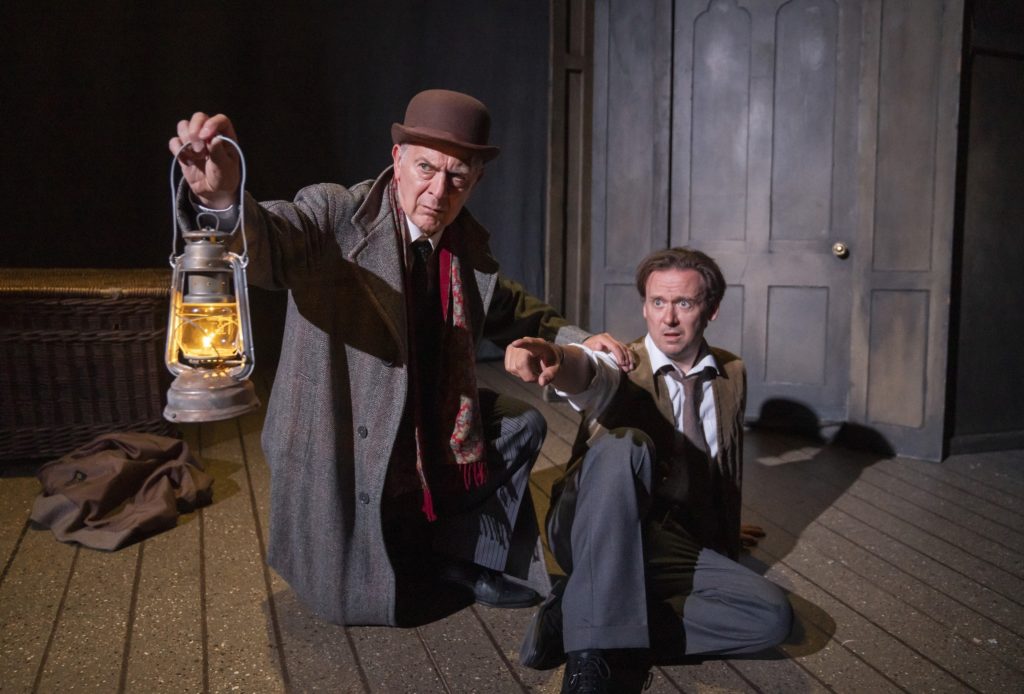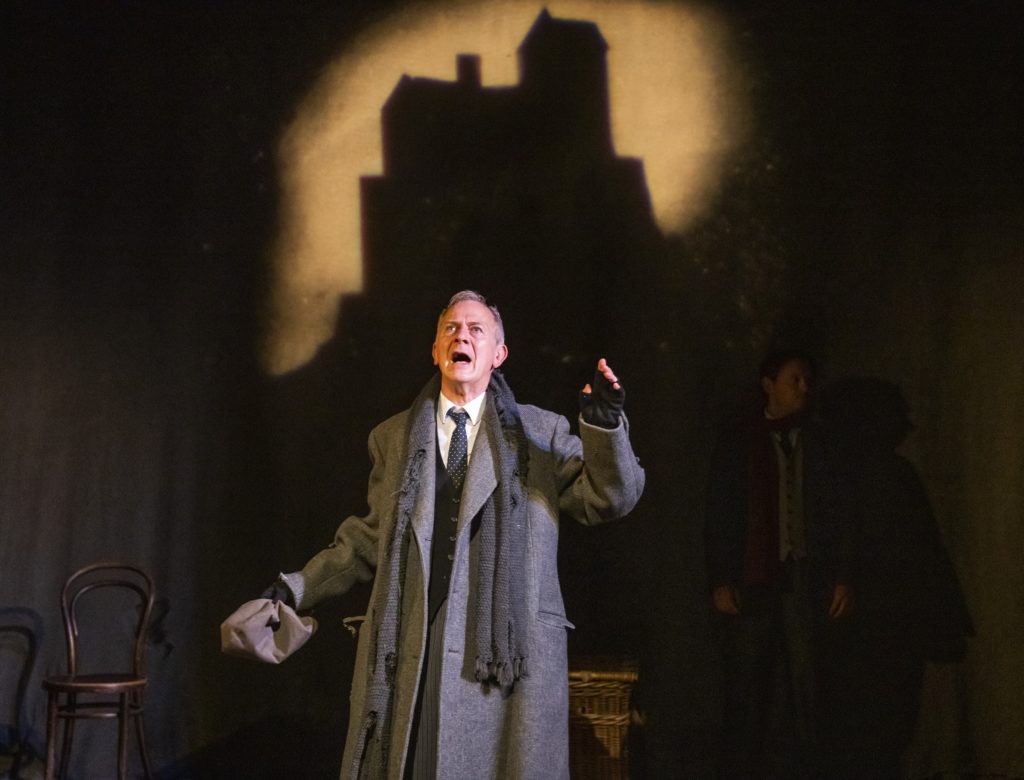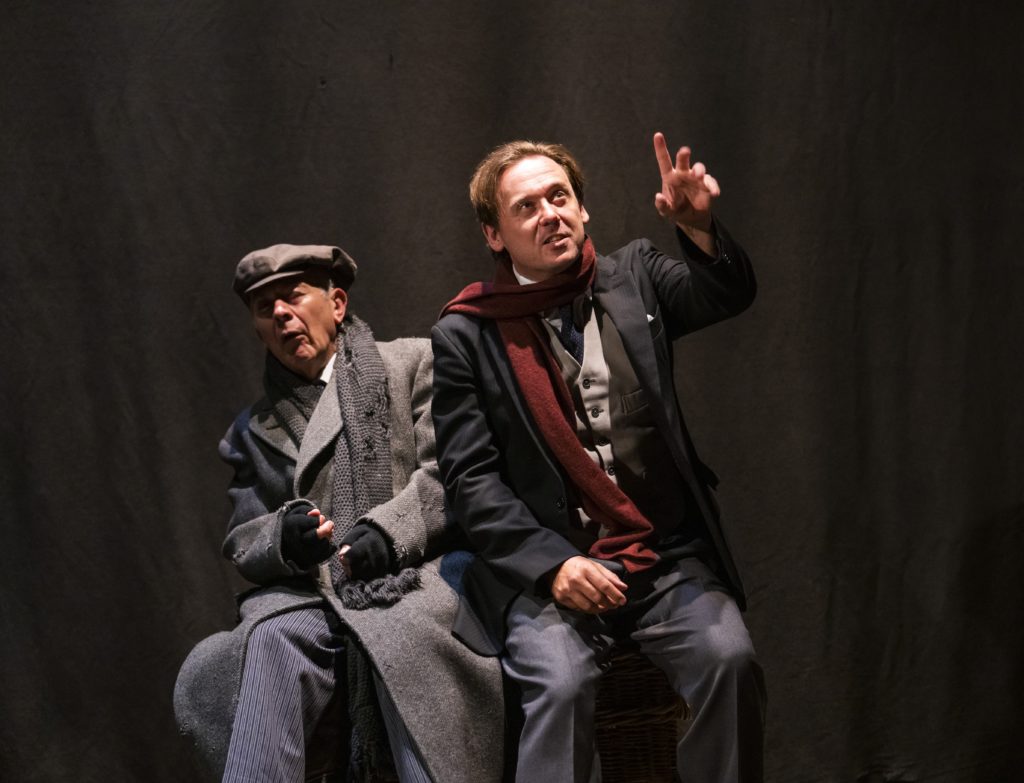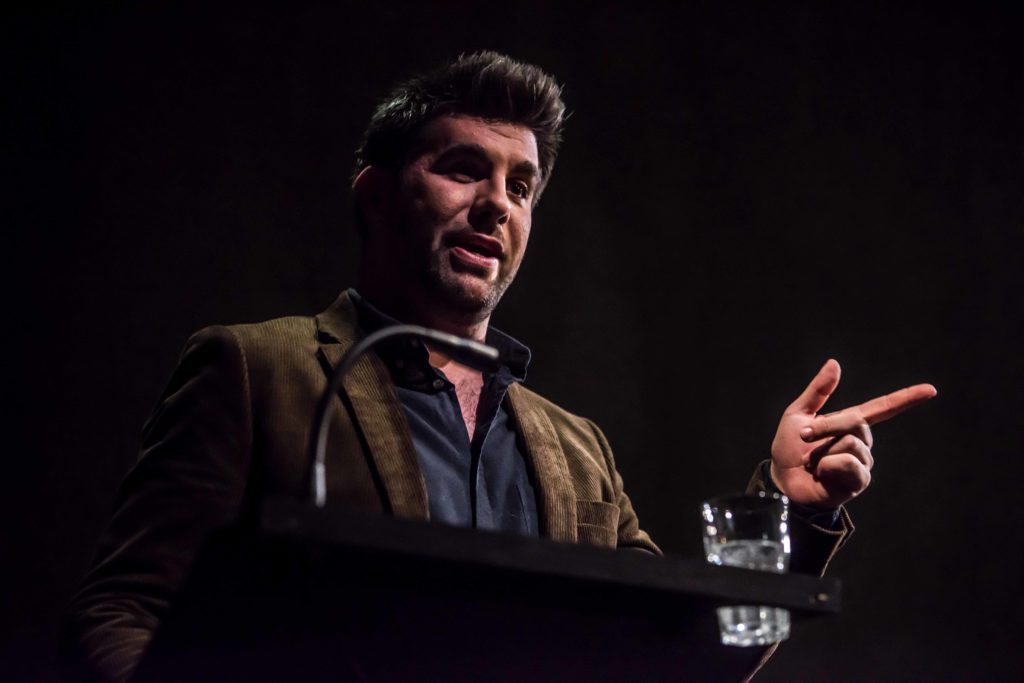
YORK Theatre Royal will stage the world premiere of Jeremy Dyson and Andy Nyman’s twisted thriller The Psychic at York Theatre Royal next year. Tickets go on general sale from 1pm on January 15.
In the wake of the success of Ghost Stories, which spooked the Grand Opera House, York, in March 2020, Dyson and Nyman are to reunite for this electrifying new production. Show dates will be April 29 to May 23 2026, with the first week being previews.
Leeds-born Dyson and Nyman say: “We are so thrilled to have the world premiere of our new play at York Theatre Royal and to be part of their exciting next chapter. We cannot wait to unleash The Psychic at this remarkable venue.”
Theatre Royal chief executive Paul Crewes says: “We are very proud to be producing the world premiere of The Psychic here at York Theatre Royal. Andy and Jeremy have created this wonderful edge-of-your-seat script that we can’t wait to bring to life on our stage in 2026.”
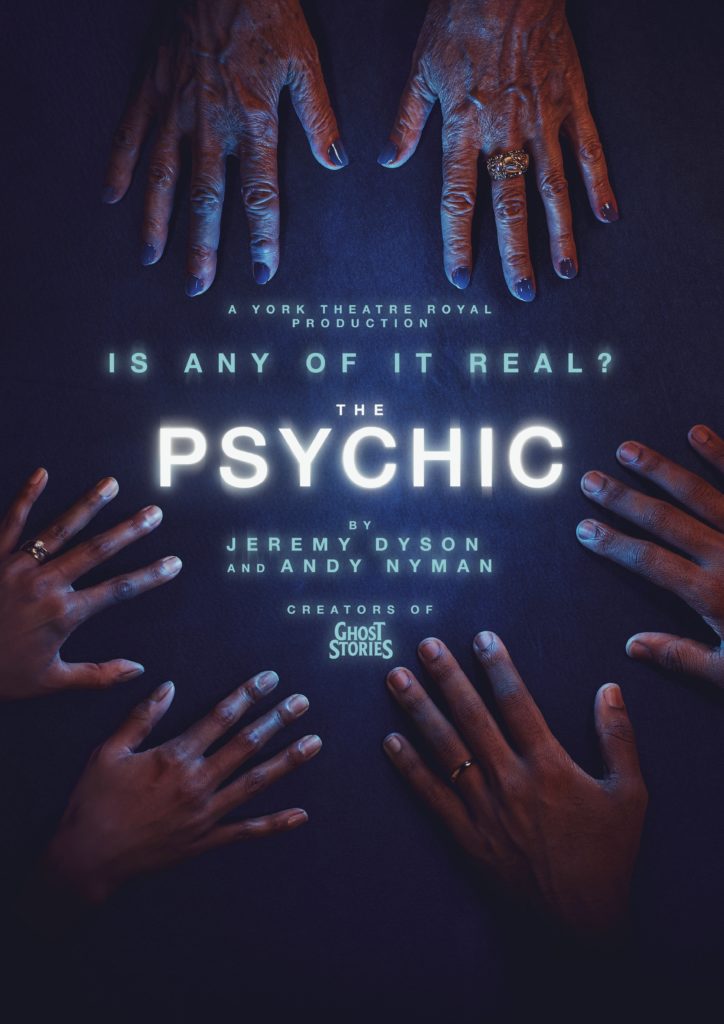
In The Psychic, popular TV psychic Sheila Gold loses a high-profile court case that brands her a charlatan. It costs her not only her reputation, but also a fortune in legal fees.
When wealthy parents ask Sheila to conduct a séance to attempt to make contact with their late child, Sheila senses an opportunity to bleed them for money. What follows makes her question everything she has ever believed, leading her on a journey into the darkest corners of her life. Cue thrills, shocks…and laughs.
The Psychic adds to York Theatre Royal’s bill of produced and co-produced work in 2025 and 2026. In the diary for this year are the co-production of North By Northwest with Emma Rice’s Wise Children, HOME Manchester and Liverpool Everyman & Playhouse from March 18 to April 5 and erstwhile pantomime cat Gary Oldman’s return to the Theatre Royal in Samuel Beckett’s Krapp’s Last Tape from April 14 to May 17.
To book tickets, ring 01904 623568 or head to yorktheatreroyal.co.uk.
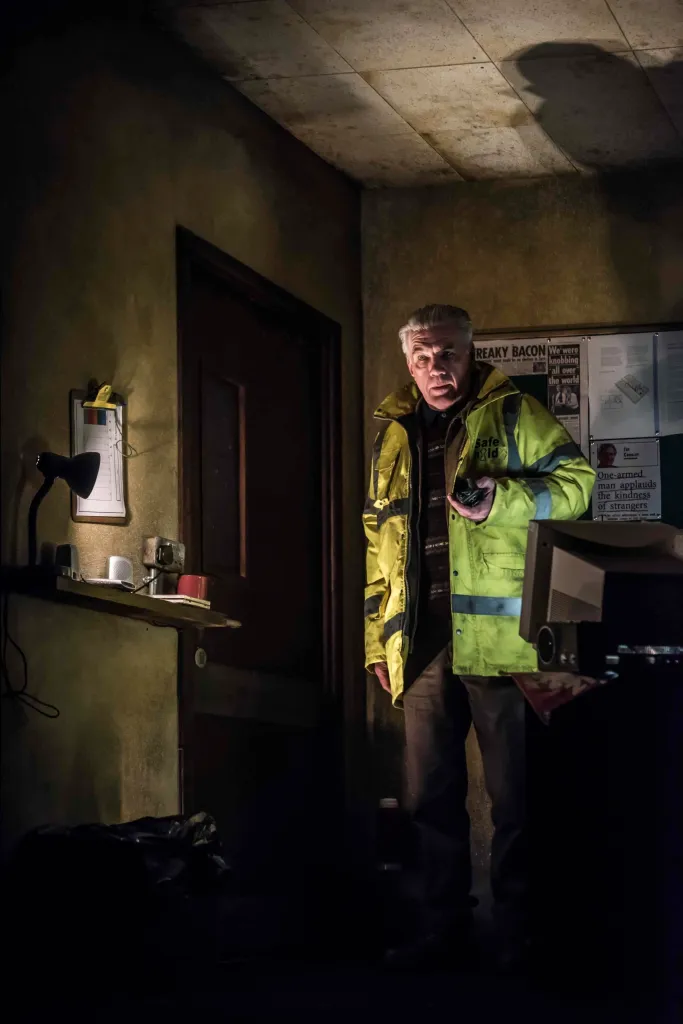
Jeremy Dyson: the back story
Award-winning Leeds-born writer and director.
Writing credits for theatre include Ghost Stories (Lyric Hammersmith, nominated for Olivier Award for Best Entertainment); The League Of Gentlemen Are Behind You (UK tour); The League Of Gentlemen: A Local Show For Local People (UK tour, Theatre Royal Drury Lane – nominated for Olivier Award for Best Entertainment) and The League Of Gentlemen.
Co-writing credits for television include Psychobitches (winner of Rose d’Or for Best TV Comedy and nominated for two British Comedy Awards); The Armstrong & Miller Show (winner of BAFTA Award for Best Comedy); Billy Goat; Funland (nominated for BAFTA Award for Best Drama Serial) and The League Of Gentlemen (winner of BAFTA Award for Best Comedy, Golden Rose of Montreux and RTS Award for Best Entertainment).
Co-writing credits for film include Ghost Stories and The League Of Gentlemen’s Apocalypse.
Andy Nyman: the back story
Award-winning actor, director and writer.
As an actor, his theatre work includes The Producers; Assassins (Menier Chocolate Factory); Fiddler On The Roof (Menier Chocolate Factory and Playhouse Theatre – Olivier Award nomination for Best Actor in a Musical); Abigail’s Party (Menier Chocolate Factory and Wyndham’s Theatre); Hello, Dolly! (London Palladium); Martin McDonagh’s Hangmen (Wyndham’s Theatre/Broadway), and the original production of Ghost Stories (Duke of York’s Theatre/Arts Theatre), which he starred in, co-wrote and co-directed with Jeremy Dyson. Later adapted into a film, in which he also starred.
Television credits include Lockerbie; Wanderlust; The Eichmann Show; Campus and Dead Set, as well as playing Winston Churchill in Peaky Blinders.
Film credits include Jungle Cruise; Judy; The Commuter; Death At A Funeral; Kick-Ass 2; Black Death; The Brother’s Bloom; Severance and Shut Up & Shoot Me, for which he won Best Actor award at Cherbourg Film Festival in 2006.
Collaborated with Derren Brown for almost 20 years, co-writing and co-creating much of Brown’s early TV work. Co-written and directed Brown’s stage shows, winning Olivier Award for Best Entertainment for Derren Brown – Something Wicked This Way Comes and New York Drama Desk Award for Best Unique Theatrical Event 2017 for Derren Brown – Secret.

